The love affair between writers Vita Sackville-West and Virginia Woolf has fascinated gay folks, highbrow readers, and believers in open marriage for decades. The tale goes like this: in the hothouse atmosphere of interwar literary London, lady-killer aristocrat Sackville-West (married to a man) zeroes in on unstable genius Woolf (also married to a man). Woolf goes on to write an admiring tribute to her suitor in the 1928 novel Orlando, a nonbinary, transcendent adventure staggeringly ahead of its time. Director Chanya Button has brought clear respect and affection for these two women in her portrait of the lovers’ story. Unfortunately, the handsomely shot and styled film remains dramatically inert.
The problem starts with a casting misstep. Gemma Arterton is simply wrong as Sackville-West. The diminutive, fine-boned actress delivers a poised, chipper, and unconvincing performance as the tall, exotic, overbearing authoress/home wrecker. The screenwriters have also conceived the snobbish Sackville-West as too girlishly giddy and sweet. Elizabeth Debicki as Virginia Woolf fares better, downplaying her beauty and uttering aphoristic dialogue in a flat, uninflected but weirdly compelling voice. The two’s will-they-won’t-they courtship unfolds in a deadly serious manner, with little of the wit one would expect from these two acute social observers.
The director awkwardly mixes old and new approaches to filmmaking. Old: too much talking, highly expository dialogue, decorous and fleeting sex scenes. New: out-of-period electronic music, voguing, odd forays into CGI magical realism as a window into mental illness. One senses that Button wanted to make this love affair more relatable for younger viewers, but bald statements of feminism and blush-inducing declarations of love may not ignite the woke generation.
A few factors up Vita & Virginia’s pleasures. Secondary players enliven the action, notably Isabella Rossellini injecting a much-needed note of wickedness as Vita’s manipulative mother. And the film’s parade of stately homes, fancy motorcars, and rambling gardens is impressive. If it cannot quite convey the emotional and intellectual excitement of a forbidden love affair, Button’s film attractively showcases it.

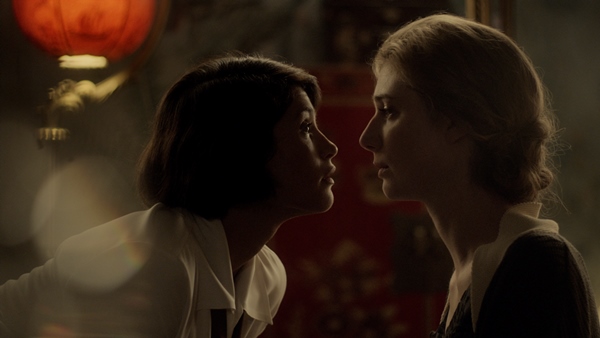
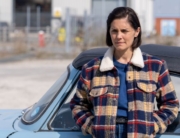
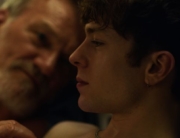
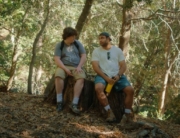

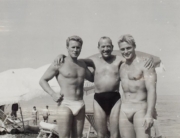
Leave A Comment